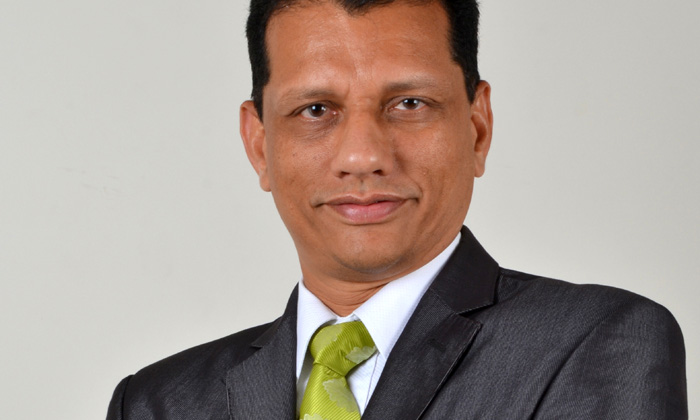This material belongs to: The Hindu Business Line.
We are quick to point fingers at bribery in government circles but hush up unethical practices in corporations.
“The doctor takes money to endorse, the purchase head expects something in kind to release payments, the pharmacist wants something to stock. How can professionals in key positions earning healthy salaries indulge in such corruption?” I asked my mentor, a CEO of a large MNC biopharmaceutical company two decades ago, telling him I wanted to change the industry I was in.
“If you want to make money through dubious means it doesn’t matter which role or Industry you are in,” he replied. I did not believe him then. But, many incidents in corporate life during the last two decades have corroborated his statement. The Punjab National Bank–Nirav Modi case is just the latest.
Organisations with large material or service procurement needs are generally vulnerable in this regard. In companies individuals have the power to procure services or goods worth hundreds of millions of dollars. However large and reputable an organisation, if it has weak control systems it tends to breed individuals who can misuse the trust placed in them. This can happen in any function and is not just limited to Administration and Procurement, but is seen in HR, IT or Finance departments where the dealing is often direct. Even Sales, marketing and CEOs can indulge in this if their own integrity isn’t of a high standard.
People who work in large corporates do encounter incidents occasionally if not frequently. Now, let’s not act holier than thou and say it only happens with politicians, bureaucrats, and government officials. Every marquee brand in the private sector too faces ugly episodes of individual or departmental corruption.
Hushing it up
Just recently an MNC had to get the cops, an external lawyer, and its APAC team to the office to escort its CEO off the office premises. During his long leave, they discovered that the majority of sourcing at the firm came from a newly formed company co-owned by the CEO. Unfortunately, fearing loss of face and media publicity they did not press charges. They closed the case. Almost all firms take prompt action and fire the individuals when they get to know about it. But where they fail is in making the event public or filing a case to prevent further occurrences.
Inducements galore!
It’s not easy to detect these cases as many of them border on favouritism and do not necessarily involve money.
Some of them ask for holidays in exotic locations, the latest iPhone, expensive watches or other electronic gadgets, which are difficult to track. However, invariably the team members of the person indulging in this corruption would most likely be aware of it. S/he would either be hand in glove or a silent party to this practice. Corruption is difficult to hide in large organisations even though many of these transactions tend to happen outside office. Some organisations have, in fact, banned external meetings, lunches, dinners and events with service providers. We all know this is difficult to track or implement. Then there is soft corruption where the service providers announce awards for their own customers in different categories. How can you not return the favour to somebody who gave you some nice publicity?
Many organisations have stringent norms around corruption. They take multiple quotes from different service providers while procuring materials or services. Neutral senior role-holders from the organisation are roped in for key procurement decisions to ensure fair practices. Some companies rotate the service providers every few years. Some appoint ombudsmen to check wrong-doing. In spite of all these measures corruption in corporates is not uncommon.
More vigilance needed
Some professionals carry their service providers every time they move organisations. All these need qualified scrutiny. Large organisations have to be more vigilant and sophisticated in tracking offenders who keep innovating to beat detection.
All of us are quick to point out the corruption in politics, and public institutions. We feel entitled to lament how tax-payers’ money is getting wasted by people whom we trusted to take care of them.
But, is corruption only prevalent in government or public-sector institutions? Much of what happens in the private sector or corporates goes unreported by media as it is buried quietly within the organisation. It’s important to reiterate that it’s just a handful of greedy individuals who might be indulging in corporate corruption.
Nevertheless, it’s important for every CEO and CFO to ensure yearly checks of their suppliers to avoid embarrassment when these cases break out. What would you do if you know your colleague is indulging in corruption? I mean favouring an external party and getting monetary or non-monetary benefits? Report to your senior or write anonymously to an email id provided by the organisation. Many a times you may not be able to prove it.
Instead of quitting or silently suffering daily, find a way to maintain your integrity and stand up for the organisation which pays your bills.
Kamal Karanth is Co-Founder of Xpheno, a specialist staffing firm.
 info@anticorr.media
info@anticorr.media

